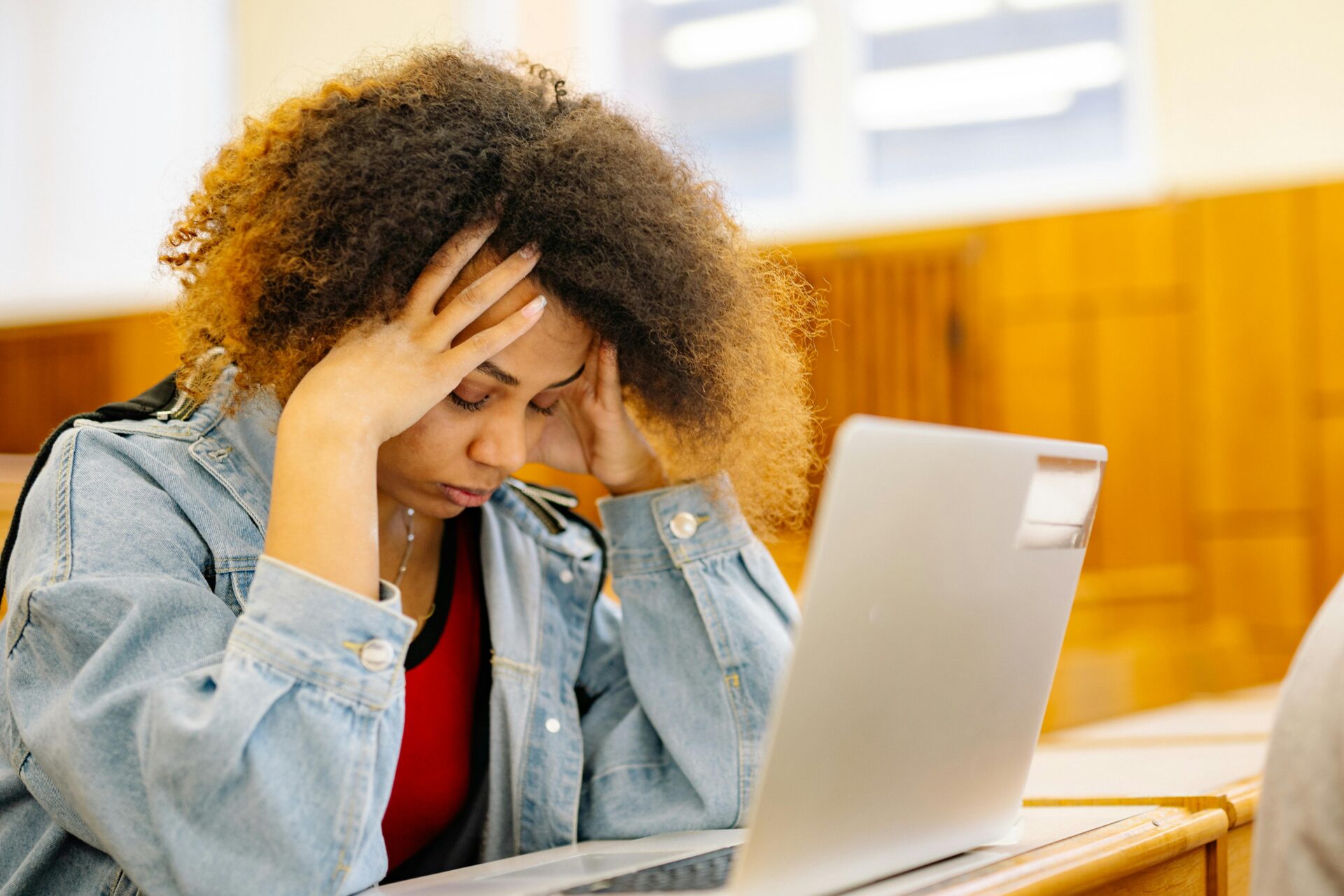
Selfcare 101
Coming down after a hectic trimester can be challenging. The accumulated stress from balancing study, work demands, and a social life can lead to a persistent feeling of exhaustion and even burnout.
So, how can you overcome this? Self-care is an effective method to reduce the impacts of chronic stress. Whether you’re gearing up to study in Trimester 3 or having a break for the rest of the year, it’s important to learn how to rest and recover effectively.
Keep reading to learn all about self-care and how it can help you improve your quality of life, as well as some common forms that you can incorporate into your daily routine.
What is self-care?
Self-care encompasses the activities individuals engage in to manage their mental and physical health. It describes behaviours that promote overall health, prevent disease and build an ability to cope with illness or disability without external aid.
In other words, self-care is about looking after your health holistically, building resilience amid life’s struggles. What works as self-care differs based on the individual. What your best friend does might not help you recharge at all, and that’s okay! Let’s explore how you can find self-care activities that work for you.
Identify what recharges you
Reachout Australia has a handy quiz to find out your chill style. Give it a whirl and see if you can pinpoint the types of activities that leave you feeling refreshed mentally and physically. Here’s a list of common self-care strategies that might work for you:
Dive into a creative hobby
Knitting, drawing, painting or writing are common creative hobbies that can be engaged with as a form of self-care. Repetitive creative motions found in the likes of knitting can promote feelings of calmness and focus, functioning similarly to the effects experienced within mindfulness or meditation.
Furthermore, expressing emotions via creative mediums can provide relief from troubling feelings that can’t be spoken aloud. Whether it’s writing poetry or a song, scribbling in a sketchbook or making a scarf, creativity can be a fantastic outlet for pent-up stress. So, if you’ve got an interest in any of the creative arts, next time you’re looking to unwind, go make something!
Disconnect from social media
Disconnecting from social media can be a good reprieve from constant stimulation. It can serve as the reset point you need and allow you to feel more connected to the world around you, alleviating feelings of anxiety and depression.
Mindlessly scrolling isn’t restorative. It’s often used as a coping mechanism to distract from uncomfortable feelings.
Instead of spending hours on your phone when you’re stressed, try disconnecting for a change. Try one of the other self-care strategies on this list instead and leave the worries of the digital world behind for a little while.
Get moving
It is well known that physical health goes hand-in-hand with mental health. Doing a physical activity, it doesn’t necessarily have to be working out, is an effective form of self-care. Something as simple as taking a 15-minute walk outside is a great way to boost your mood. Walk out any pent-up energy and get that dopamine pumping!
Do something special for yourself
Think you need a significant other or a group of friends to eat out at your favourite restaurant? How about catching that new movie you’ve been wanting to see? Don’t wait around for others, go out and do it by yourself!
Taking the time to do something special for yourself without the pressures of coordinating others or making conversation can be a great way to unwind. Simply enjoying your own company whilst doing something you enjoy can be restorative. Grab a coffee and read in a café. Have a solo picnic in a park after a walk. Order takeout and have a solo movie night. There are plenty of ways to treat yourself!
Connect with others
Meaningful relationships are an integral part of holistic health. From benefits to mental and physical health, interacting regularly within your social network is a great form of self-care. Looking after yourself isn’t necessarily something you have to do solo.
Prioritise connecting with those you feel energised and excited to see. This can look like spending time with close friends and family, or even joining a hobby group or sports team!
Self-care is an important skill to cultivate as you move through life. Knowing how to best rest and recover keeps you energised and resilient in the face of life’s many challenges. Learn what works for you and build self-care into your routine.
You don’t need permission to rest. Take care of yourself this World Mental Health Day.
If you’re struggling with your mental health, remember, you’re never alone at UNE. Here’s a list of resources available to you. Reach out and get the support you need to get back on track.
Advocacy & Welfare (02) 6773 3166 – Can get you in touch with relevant support services.
Counselling and Psychological Services (CAPS) (02) 6773 2897 – UNE-based psychology and counselling services.
Lifeline 13 11 14 – 24/7 crisis support and suicide prevention phone and chat counselling.
Beyond Blue 1300 22 4636 – 24/7 phone support and online chat.
UNE Urgent Mental Health Support Line 1300 661 927 (text: 0488 884 169) – 24/7 crisis support for UNE Students.
Kids Helpline 1800 283 147 – 24/7 phone support and online chat for 5-25-year-olds.
13 Yarn – 24/7 phone support for Aboriginal & Torres Strait Islanders.


